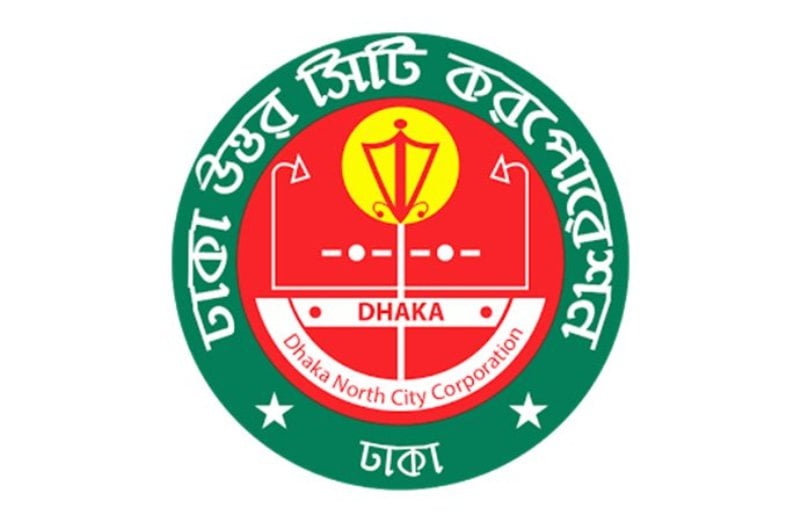News Flash


DHAKA, Sept 22, 2025 (BSS) - The Dhaka North City Corporation (DNCC) at the DNCC Auditorium today unveiled its Dengue dashboard, a data-driven monitoring tool designed to transform how city authorities track and respond to outbreaks amid the ongoing dengue prevalence in Dhaka.
Developed through the DNCC Innovation Lab with support from the United Nations Development Programme (UNDP), the dashboard will generate actionable insights for timely interventions while raising public awareness on dengue prevention, said an UNDP press release.
Speaking as a chief guest Mohammad Azaz, Administrator of DNCC, praised the initiative as a breakthrough in public health service delivery: “The Dengue Watch dashboard is more than a tool. It is a step towards transforming DNCC into a digitally driven, transparent, and accountable institution. By harnessing innovation, we can integrate health, environment, and governance to build a smarter, healthier Dhaka.”
Mohamad Ashaduz Zaman, Acting CEO of DNCC and Special Guest, underscored the role of collaboration: “Innovation like Dengue Watch shows how city governance can be transformed when data drives decisions. DNCC is committed to scaling such initiatives for the benefit of our citizens.”
Stefan Liller, UNDP Resident Representative in Bangladesh, reaffirmed UNDP’s support to innovation in urban health management.
“For UNDP, it has been a privilege to support the innovation efforts of DNCC. The Innovation Lab established in 2025 by DNCC and UNDP is striving to become a hub for smart, scalable, and citizen-centered urban solutions. The Dengue Watch Dashboard is one of its latest outcomes, and it shows what is possible when local leadership, data, and innovation come together.” he added.
Welcoming participants, Brigadier General Imru-al-Quais, Chief Health Officer of DNCC, emphasized the urgency of adopting innovative approaches to protect citizens.
The tool was showcased during the keynote session, followed by a panel discussion with stakeholders from the Directorate General of Health Services (DGHS), icddr,b, and other partners.
The exchange highlighted how predictive analytics, risk mapping, and better data integration can strengthen early warnings and improve coordination between local and national systems. Dr Benazir Ahmed, Former Director, of Directorate General of Health Services (DGHS) was also present.
The event gathered representatives from the health ministry, city corporations, development partners, and start-ups. Participants agreed that tackling vector-borne diseases like dengue requires real-time data, stronger partnerships, and a forward-looking vision for resilient urban health.
The Dengue Watch marks the first step in DNCC’s broader effort to embed data-driven practices across city health operations, ensuring better protection for communities against climate-sensitive diseases. The dashboard is available at: https://dnccinnovationlab.github.io/dengue-dashboard/